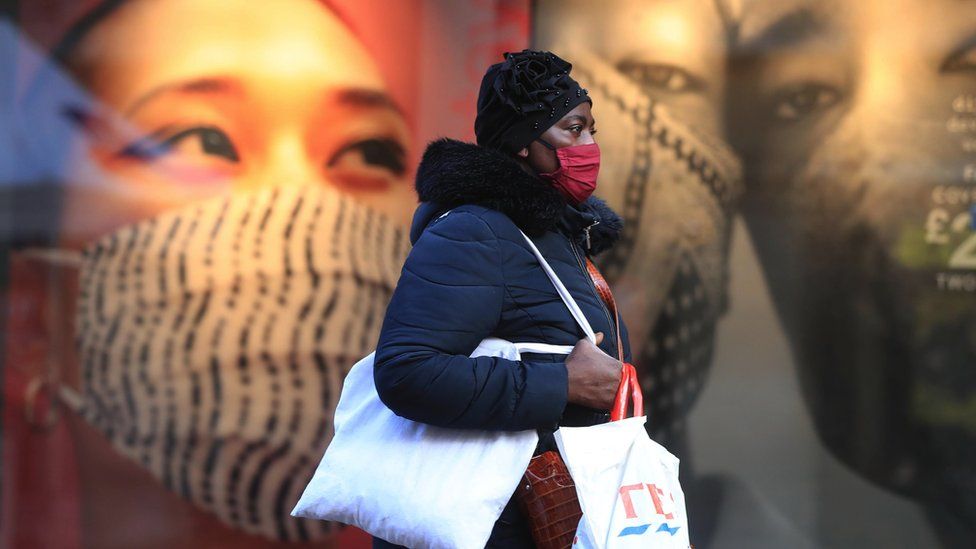ARTICLE AD BOX
 Image source, PA Media
Image source, PA Media
By Smitha Mundasad
Health reporter
The UK entered the coronavirus pandemic with public services "depleted" and health inequalities on the rise, the Covid inquiry has heard.
A decade of austerity leading up to 2020 meant the health of the nation was already in decline, two experts said.
A report from Prof Sir Michael Marmot and Prof Clare Bambra was filed as part of the public hearings exploring the UK's preparedness for a pandemic.
Poor regions and ethnic minority groups were disproportionately affected.
More attention should have been paid to reduce the added risks Covid brought to such vulnerable groups, their report said.
The inquiry also heard about increasing pressures in the NHS, with the number of people waiting for treatment twice as high before the pandemic as it was in 2009.
The number of vacancies for doctors and nurses were already climbing, with "great pressure" on existing staff.
And life expectancy around the UK was already on the decline.
Up to 2010, it had been steadily increasing but, from that point on, the improvements stalled - with the largest declines generally seen among the most deprived socioeconomic groups.
What is the UK Covid-19 inquiry?
- It is about going through what happened and learning lessons
- No-one will be found guilty or innocent
- Any recommendations made do not have to be adopted by governments
- The inquiry has no formal deadline but is due to hold public hearings until 2026
- Scotland is holding a separate inquiry in addition to the wider UK one
Sir Michael told the inquiry funding for social care and public health had gone down before the pandemic, particularly in the most deprived areas of the country.
And the impact was felt most by people living in poorer areas, people from ethnic minorities and other vulnerable groups, who experienced the most ill-health.
"In short, the UK entered the pandemic with its public services depleted, health improvements stalled, health inequalities increased and health among the poorest people in a state of decline," said Sir Michael.
Experts said there had been a forewarning from the swine flu outbreak, indicating which groups might suffer the most in a pandemic.
Prof Bambra said there was "little reflection" in previous government pandemic planning reports on which groups were most likely to be at risk.
Sir Michael added that planning for better health and narrowing health inequalities was key.
He said it was his general view "that if you look at the evidence from previous pandemics, including the current one that we're considering, that the impact of the pandemic is very much influenced by pre-existing inequalities in society, including inequalities in health."
It was not just about "whether there was a report somewhere in Government about planning for a pandemic," he said, adding: "You've got to plan for better health and narrow health inequalities, and that will protect you in the pandemic."
Related Internet Links
The BBC is not responsible for the content of external sites.

 1 year ago
45
1 year ago
45








 English (US) ·
English (US) ·